Today’s homes call for convenience, safety, and speed even when it comes to cleaning. The introduction of on-demand platforms such as UrbanClap has completely changed how people hire professionals for home cleaning services. Instead of reaching out to local cleaners, customers now turn to one-stop digital solutions that offer verified professionals, transparent pricing, and real-time service tracking.
This guide will help you explore every key step needed to develop a house cleaning app like UrbanClap from business models and app features to cost breakdowns and strategies for growth in the rapidly expanding on-demand services market.
Why Now Is the Right Time for a House Cleaning App
The demand for professional cleaning services has grown significantly, especially in busy cities where people have less time for household chores. After the pandemic, cleanliness became a necessity, not a luxury leading to a surge in home service app usage. According to market data, the global on-demand home service industry is expected to exceed $1 trillion by 2028, with cleaning services as one of its top-performing sectors.
UrbanClap and Handy have already proven that people are willing to pay more for convenience, reliability, and verified professionals. In 2025, there’s still plenty of room for new startups to create niche, eco-friendly, and smart cleaning apps.
Choosing the Right Business Model for Your Cleaning App
Choosing the right business model defines your revenue flow and scalability.
1. Single-City, Single-Service App
Focus only on house cleaning in one city.
- Easy to operate
- Quick launch
- But Limited audience
2. Multi-Service Marketplace
Offer cleaning along with other services (like plumbing, salon, or electrician).
- Larger market
- Higher revenue potential
- But Requires more operational control
3. Subscription Model
Offer monthly/quarterly cleaning packages.
- Predictable income
- Long-term customer retention
- But Higher initial operational effort
4. Commission-Based Model
Charge service providers a percentage per booking.
- Simple and scalable
- Flexible for both parties
- But Needs large provider base
5. Lead Generation Model
Charge cleaners for verified leads instead of direct bookings.
- Lower operational cost
- But Less control over service experience
How the Cleaning App Works: Customer, Provider & Admin Flow
A cleaning app connects customers, cleaners, and administrators in one ecosystem.
- Customers browse services, view prices, schedule a cleaning, and make payments securely.
- Cleaners register with KYC verification, upload certifications, manage job availability, and receive bookings and payments.
- The admin dashboard manages everything from user data, pricing, and categories to ratings, disputes, and promotions keeping operations smooth and secure.
Must-Have Features for a Cleaning App
Customer App
- Easy signup/login via Google or Apple
- Real-time service availability
- Instant pricing estimator
- Multiple payment gateways
- Booking history & status tracking
- Ratings, reviews & rescheduling
Cleaner/Provider App
- Document upload & verification
- Real-time job notifications
- Route optimization via maps
- Wallet & payout history
- Availability scheduling
- In-app chat & support
Admin Panel
- Dashboard for managing users & bookings
- Service category management
- Dynamic pricing control
- Dispute resolution tools
- Reports, analytics & promo codes
House Cleaning App Development Cost
The cost depends on complexity, design, and developer location. A basic MVP (Minimum Viable Product) can cost $25,000–$75,000, covering design, app development, backend API, and testing.
A white-label clone app costs around $10,000–$25,000, ideal for startups wanting a quick launch. Custom builds, however, offer better scalability, performance, and long-term brand value.
Monetization Strategies
Your app can earn through:
- Commissions per booking
- Subscription plans for regular users
- Premium listings for service providers
- Lead sales
- In-app advertising
- Cancellation/rescheduling fees
Challenges and Solutions
Finding reliable cleaners and earning user trust can be tough initially. Offer low commissions and quick payouts to attract providers. Implement strong verification (KYC and background checks) to ensure safety.
Control cancellations with deposits, clear policies, and performance-based rewards. Build customer loyalty with referral programs, discounts, and rewards.
Marketing and Growth Strategies
Use local SEO with keywords like “house cleaning app in [city]” and Google/Meta ads for regional reach. Collaborate with influencers to showcase real cleaning results. Encourage user reviews and run referral programs. Partner with property managers and post cleaning tips and hygiene blogs to grow organically.
Future of Cleaning Apps (2025 and Beyond)
The future is driven by AI, automation, and sustainability.
- AI will match users with the best cleaners automatically.
- Smart home integrations will allow cleaning schedules based on sensor data.
- Eco-friendly and chemical-free cleaning options will be major selling points.
Quick Takeaways
Start small with a few services in one city. Focus on verified cleaners, great UX, transparent pricing, and automated bookings. Grow with subscriptions, commissions, and AI-driven features.
Conclusion
Launching a cleaning app like UrbanClap in 2025 is a golden opportunity. The key to success lies in trust, reliability, and innovation. Start lean, scale smartly, and focus on long-term brand value — just as UrbanClap did a decade ago.
References
- UrbanClap (Urban Company) – Official Website
- Statista – Home Cleaning Service Market Growth (2025 Forecast)
- McKinsey Report – On-demand Service Platforms 2025
- Harvard Business Review – Gig Economy and Trust Building


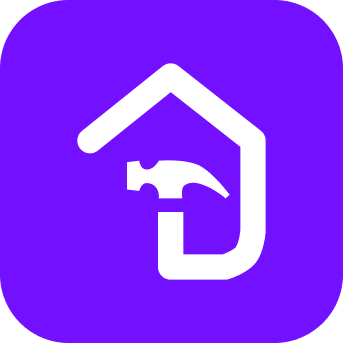

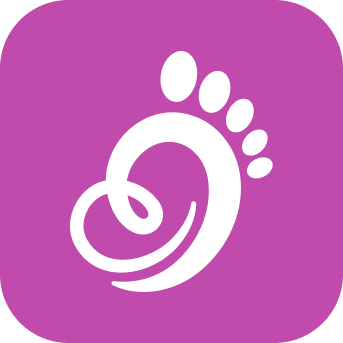
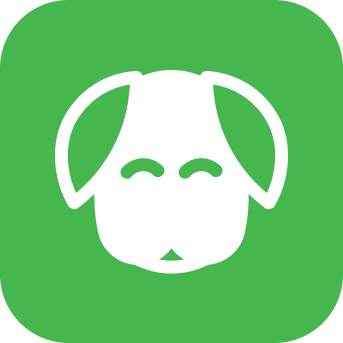
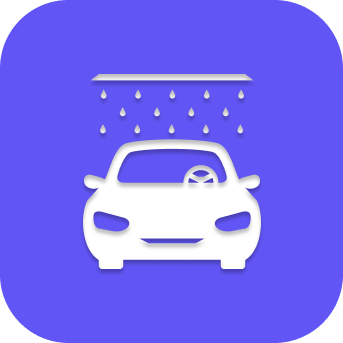

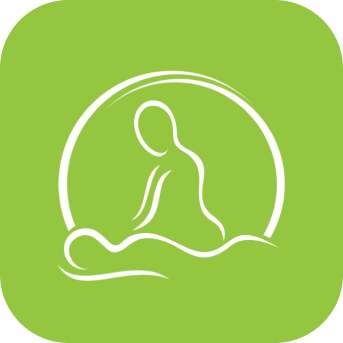
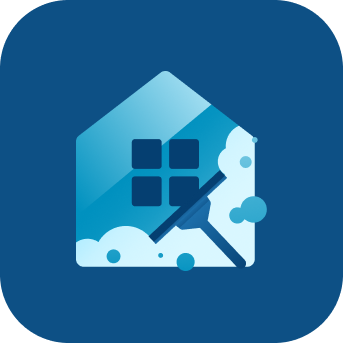
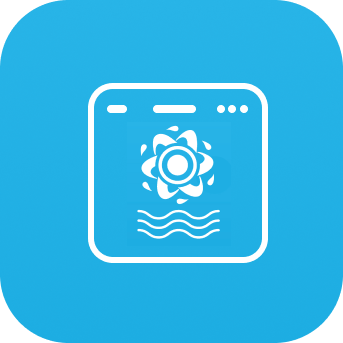
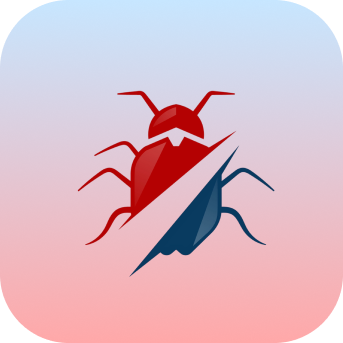
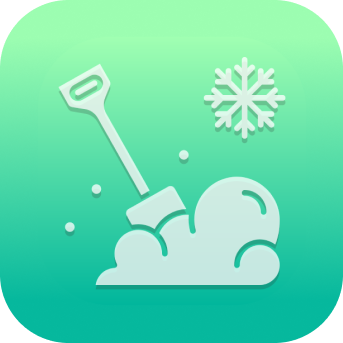
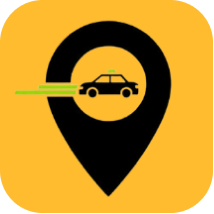



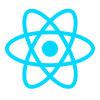
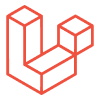
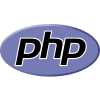

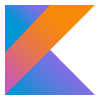
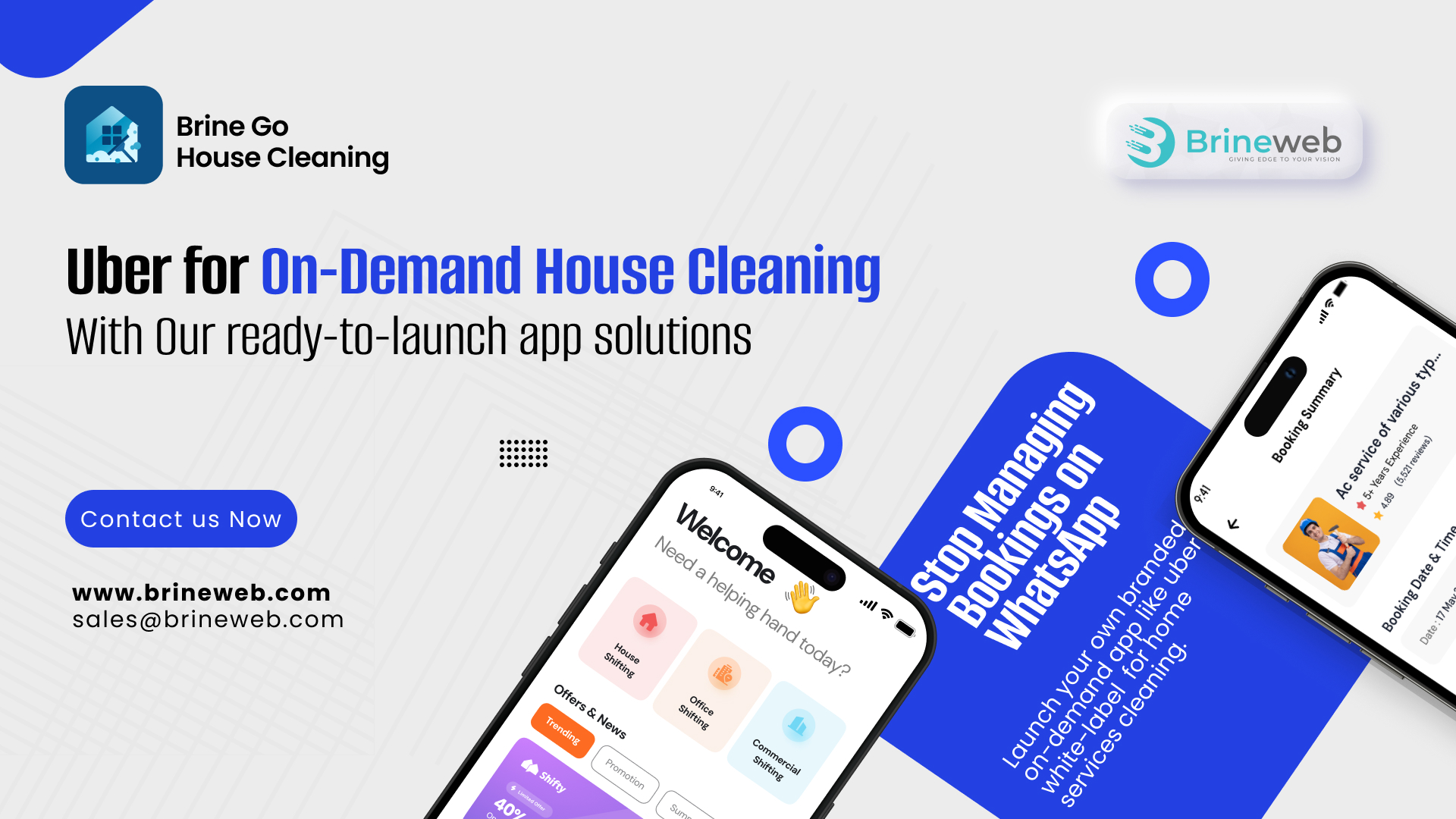
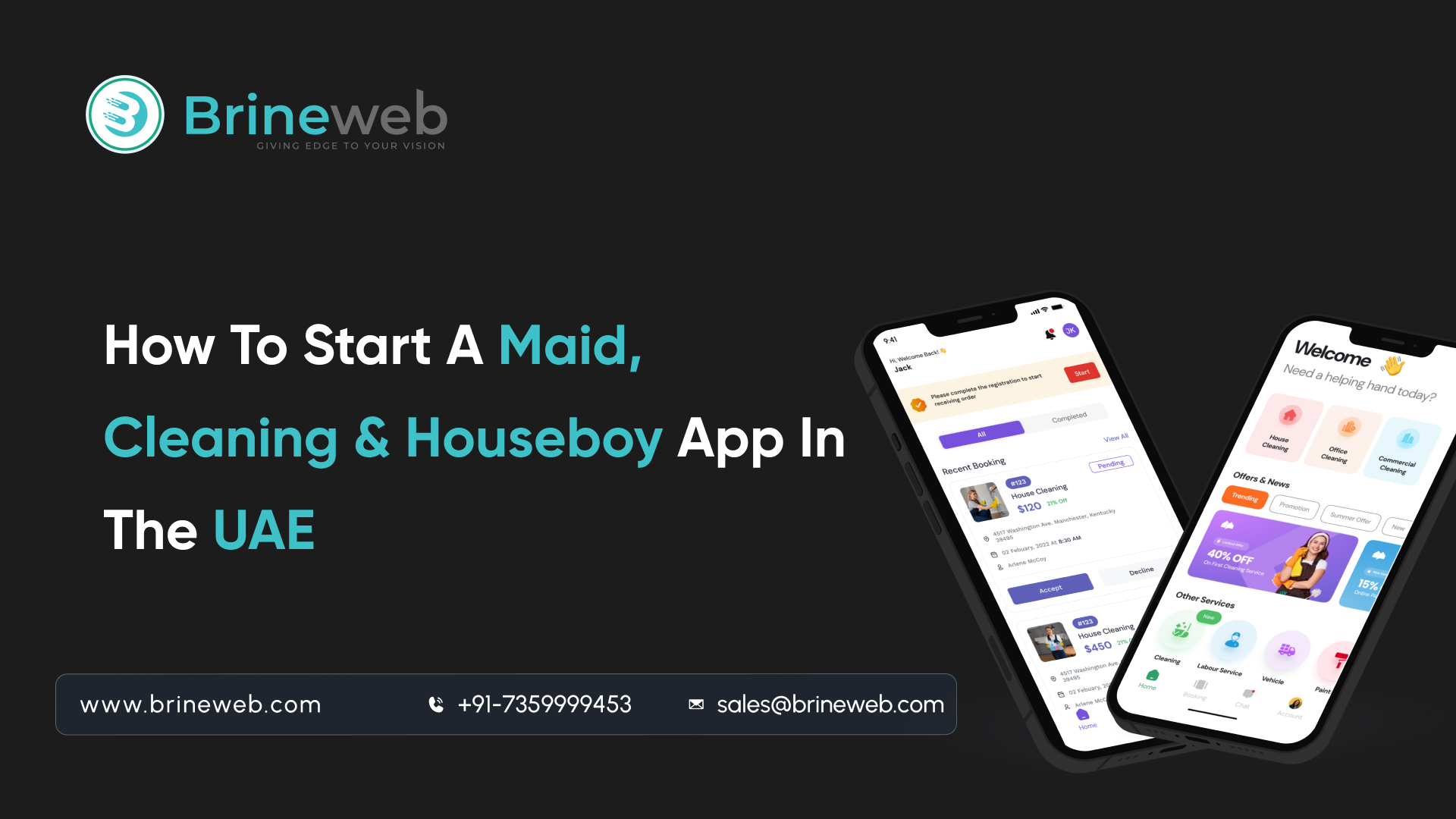
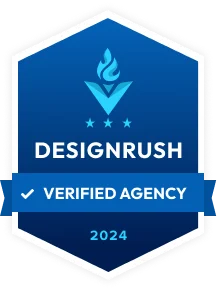
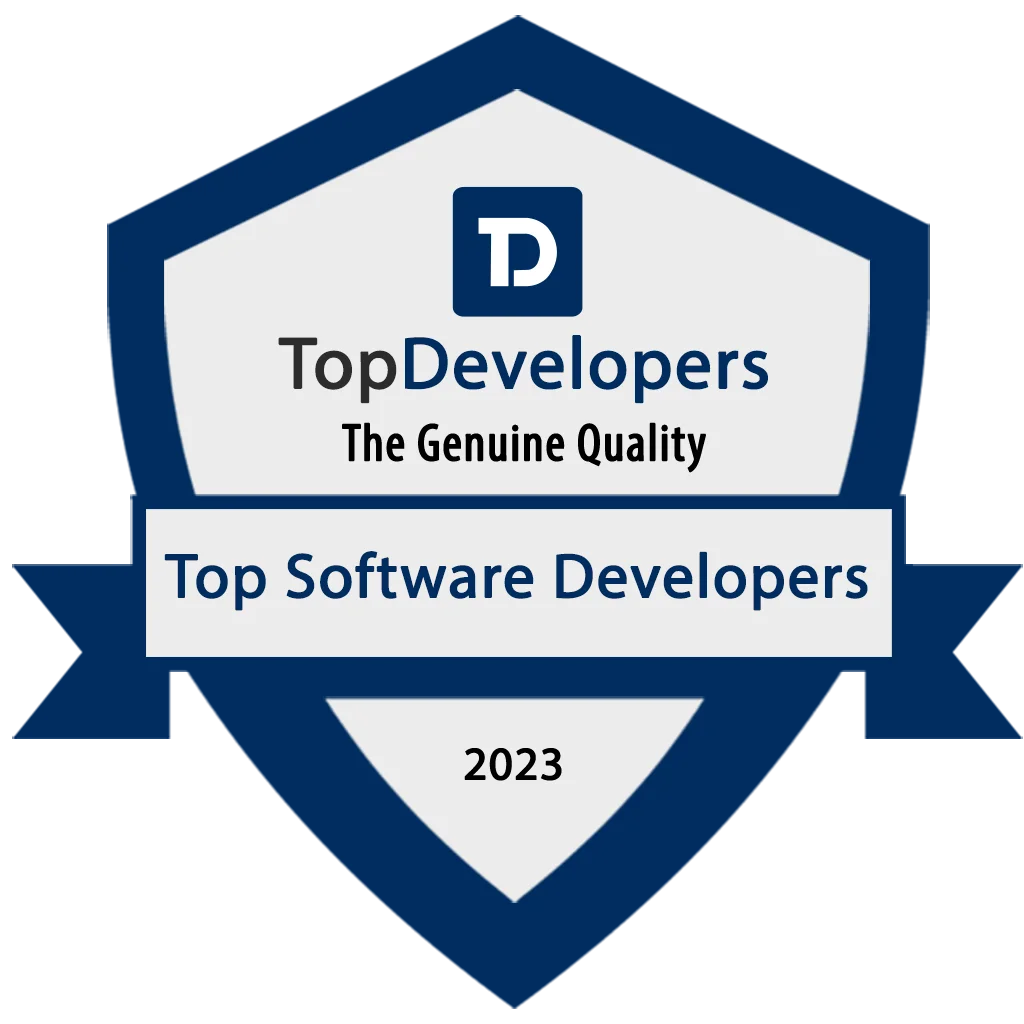
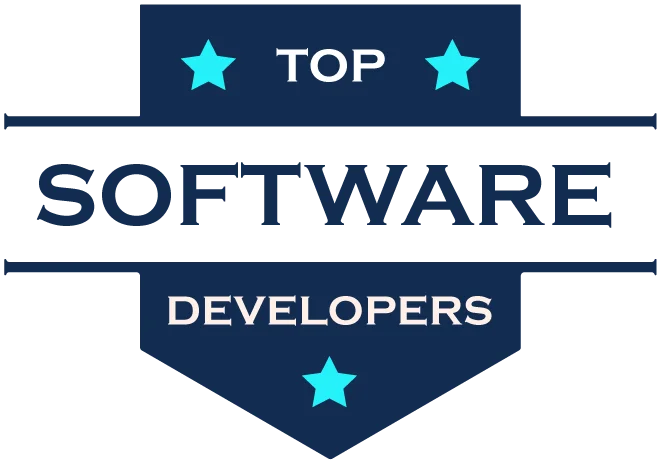


Vaibhav Vaja - Co Founder